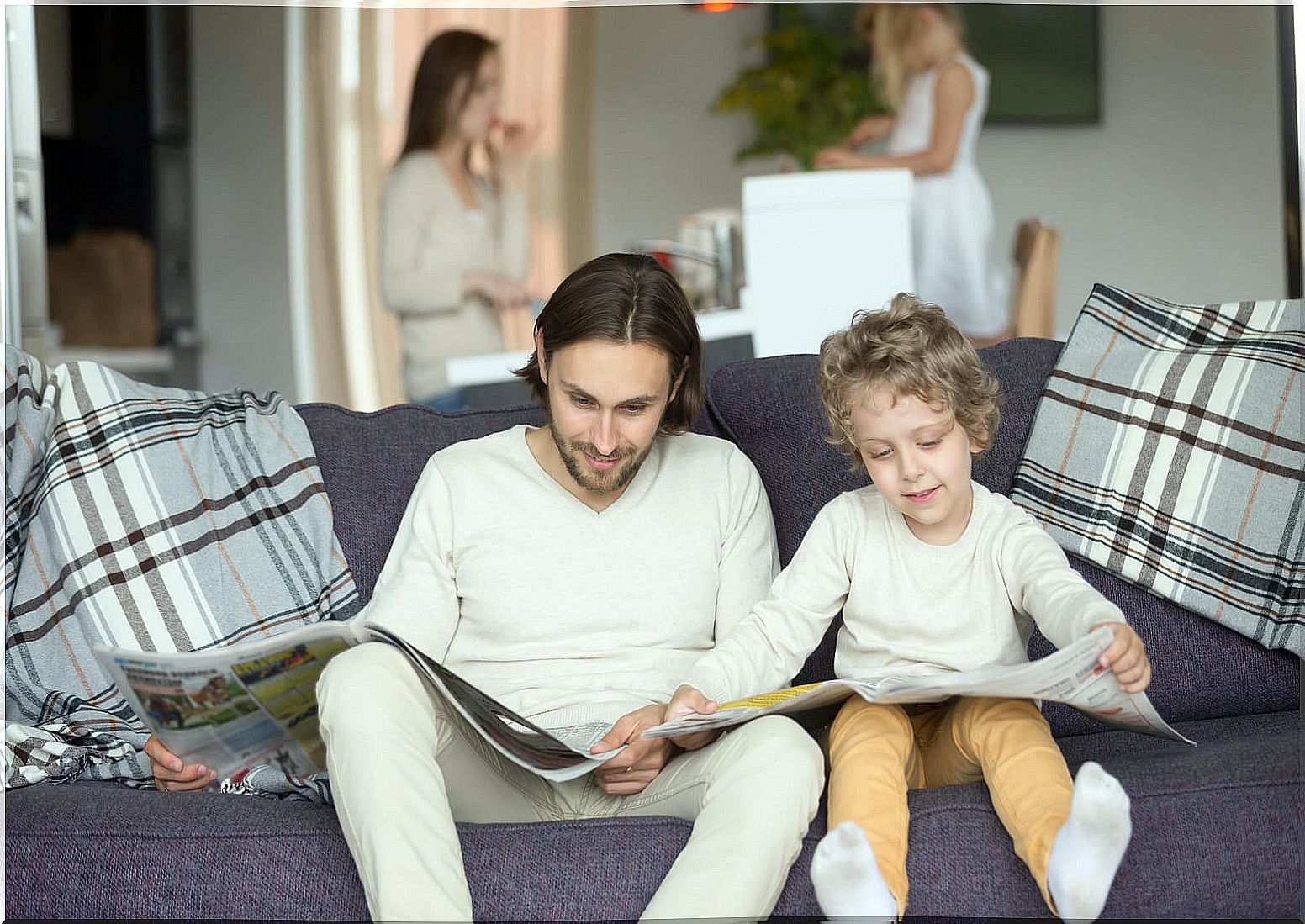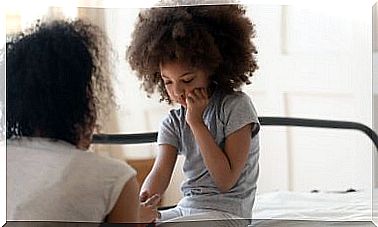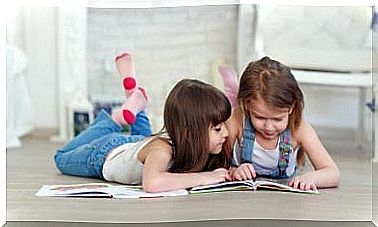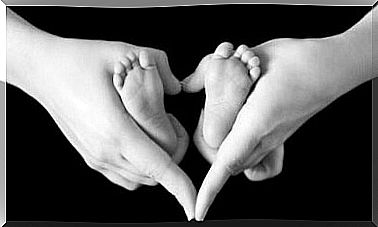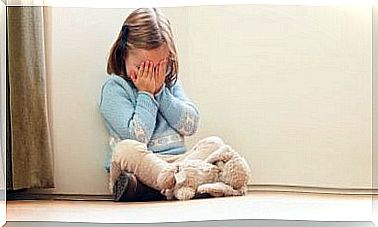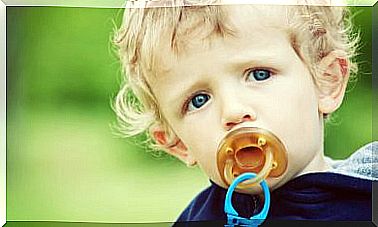Discipline With Empathy Not To Use “time Out”
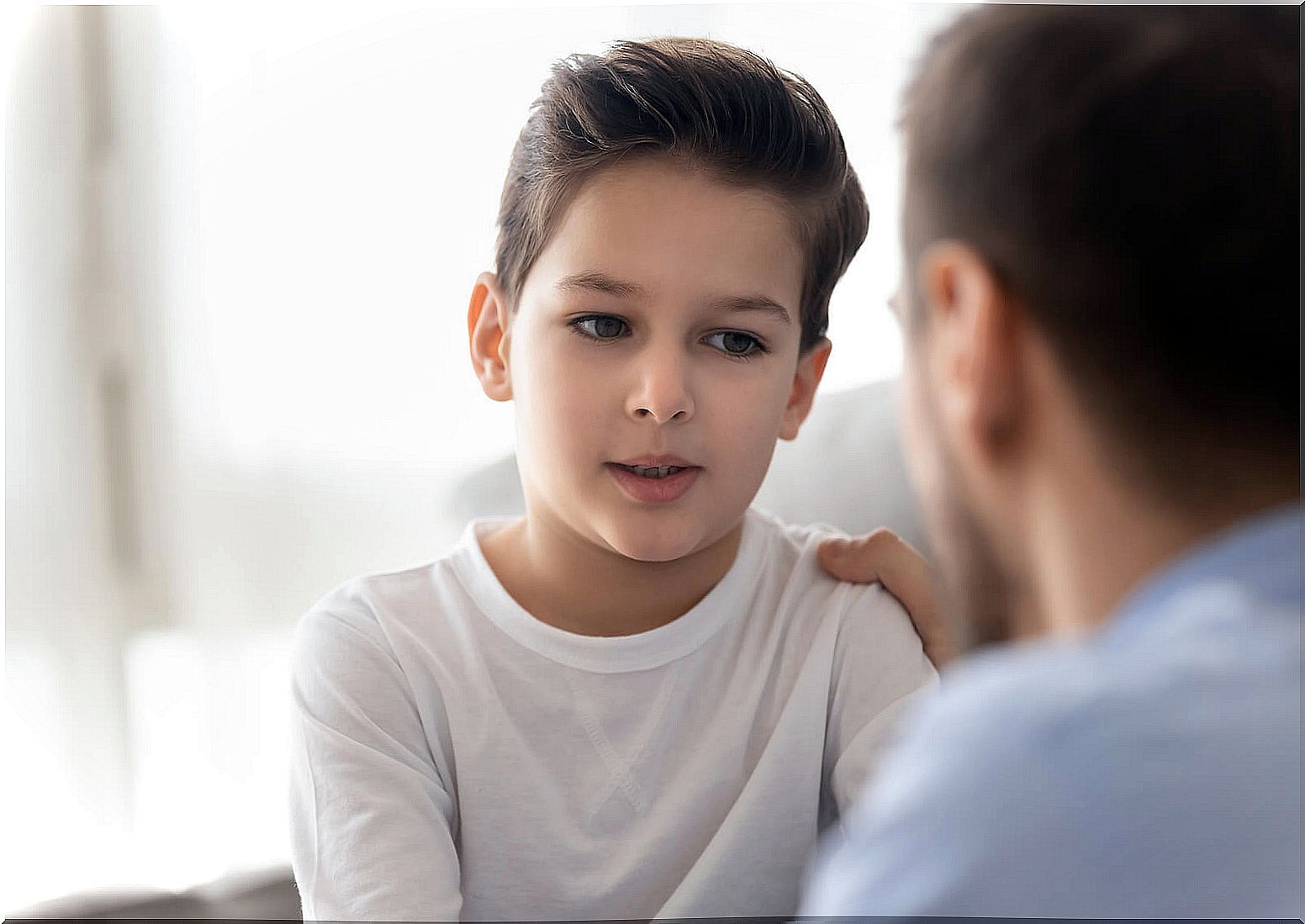
All parents want their children to become good people, so they want their discipline methods to be effective. Fortunately, the discipline has evolved with society and corporal punishment or the punishment of “because I said so” are no longer used as much because their lack of effectiveness is more than proven. Therefore, it is important to understand discipline with empathy so as not to use “time out.”
Now, the kindest and thoughtful commands for children are better for them to understand the importance of good behavior. It is not necessary to allow waiting time or “time out” for them to reflect alone, because they need their reference adults to guide them in that reflection.
Waiting times can make things worse for everyone if done wrong. But with a few simple adjustments, they can serve the purpose, leading to happier kids and parents. So the next time you find yourself in a timeout battle, consider this process to make things better.
Discipline with empathy
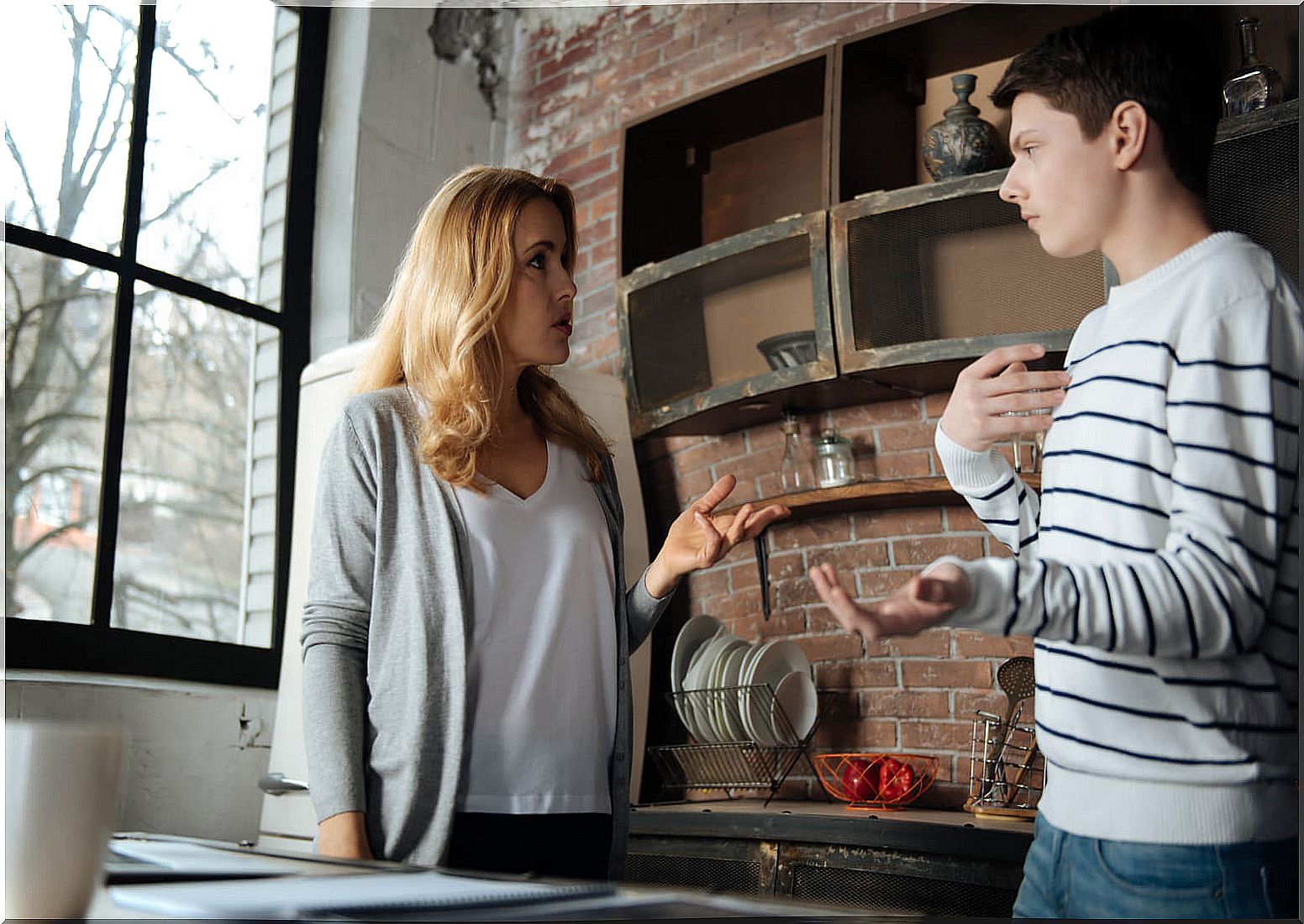
First, find your calm
It can seem difficult to seek calm when you have your child in a big tantrum crying on the floor or angry and thumping. The behavior of the little one is not acceptable, but neither is it calculated or malicious. Rather, picking or hitting is sometimes the only tool a child has on hand to express how upset they are about something in particular.
Putting that already unhappy and distressed child in the time-out before he has calmed down after the initial discomfort can only make him feel more confused and angry.
In other words: your child may end up in total survival mode, that is, totally unable to access the parts of the brain that can reason, and completely unable to process any “use your words, not your hands” lesson that you are dealing with. to impart.
After your little one is calm, you can take him aside and offer that lesson, not as punishment, but as a way to help him understand the consequences of his behavior.
Offer words to your emotions before the “time out.”
Children need vocabulary lessons and to learn words from a very young age. Having words to link to the many new feelings you are having will help you learn to sort those feelings and later link them to appropriate responses.
So start the conversation early: “I know it was very frustrating when you wanted that truck and you couldn’t have it.” Or “I see that you are very disappointed that your tower of blocks has fallen . ” Big words, yes, but, for children, these are very big feelings. Giving them language validates those feelings. It helps them understand them and react appropriately as they grow.
Don’t mistake distraction for success
Children are always looking for ways to learn and grow. Distraction does not teach anything about behavior control. A successful time-out does not end with your child telling you that they have done wrong or apologizing that another day will be better.
Rather, end with your little one being calm and you can talk about appropriate and healthy ways to express their emotions. Being present when your child is most stressed will also create a sense of confidence that you will be there for him whenever he is stressed during the multiple stages of his growth, including the difficult teenage years. That is discipline with empathy.
In discipline with empathy, set the stage for the future
There are times when the little ones stop crying and say that they are calm to stop using the “time out” because they get tired of feeling alone. But again, empathy will be your best tool. When “time out” is not used well, the child will only learn that, when he needs you most, you leave him alone in a chair.
This will prevent your child from turning to you when they need help at other critical times, such as adolescence; or when you feel sad, scared, or need help to calm down and deal with a situation that bothers you.
Without your constant help, your little one will not know how to regulate the emotional storm they feel and will not learn to react well to stressful situations. For this reason, helping your child learn to regulate calming down is necessary, but it will not happen only a few times, since he will need you throughout his life.
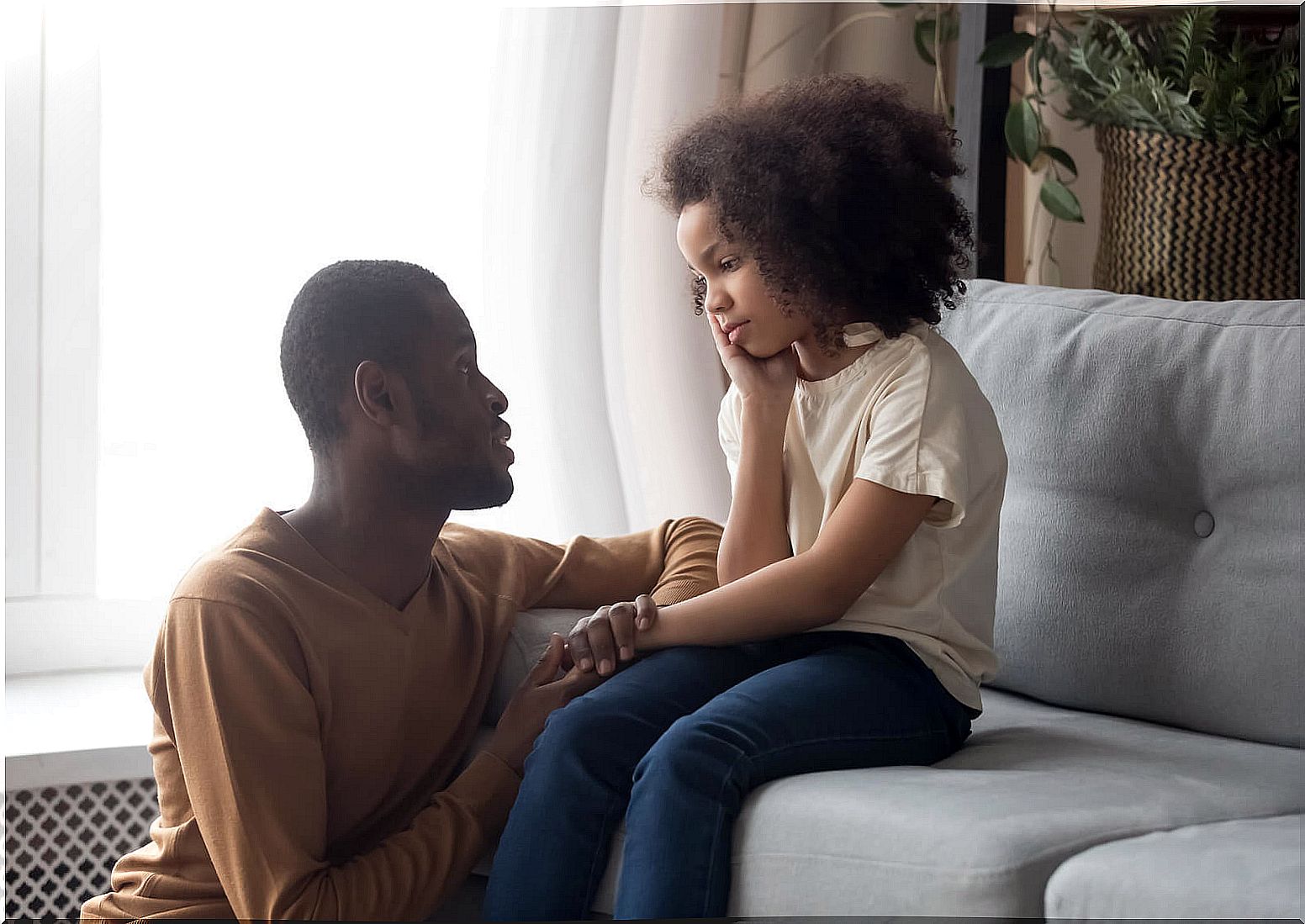
Helping your child to have the ability to “self-calm” by providing appropriate words to describe his emotions will always be necessary. Your child should know that you will always be present and available, which will help him understand those strong feelings.
Disapproving of particular behavior and understanding emotions is the best gift a parent can give. Your child will know that they can always come to you, whatever happens.
Maybe it’s you who needs the time out
Ultimately, when your child is calm, take a few minutes to think about your own reaction. Did you yell at him? Were you enraged? In the wild whirlwind that is every moment of raising a young child, adults often need a little help to regulate ourselves.
If possible, walk away and spend a few minutes alone. If you can’t, try to get the child interested in something else while he calms down and breathes. Afterwards, you can talk about what happened.
Remember that if in the heat of the moment you forget and find yourself in another battle for timeout, that’s fine. Take a deep breath. You and your little one are learning together.
